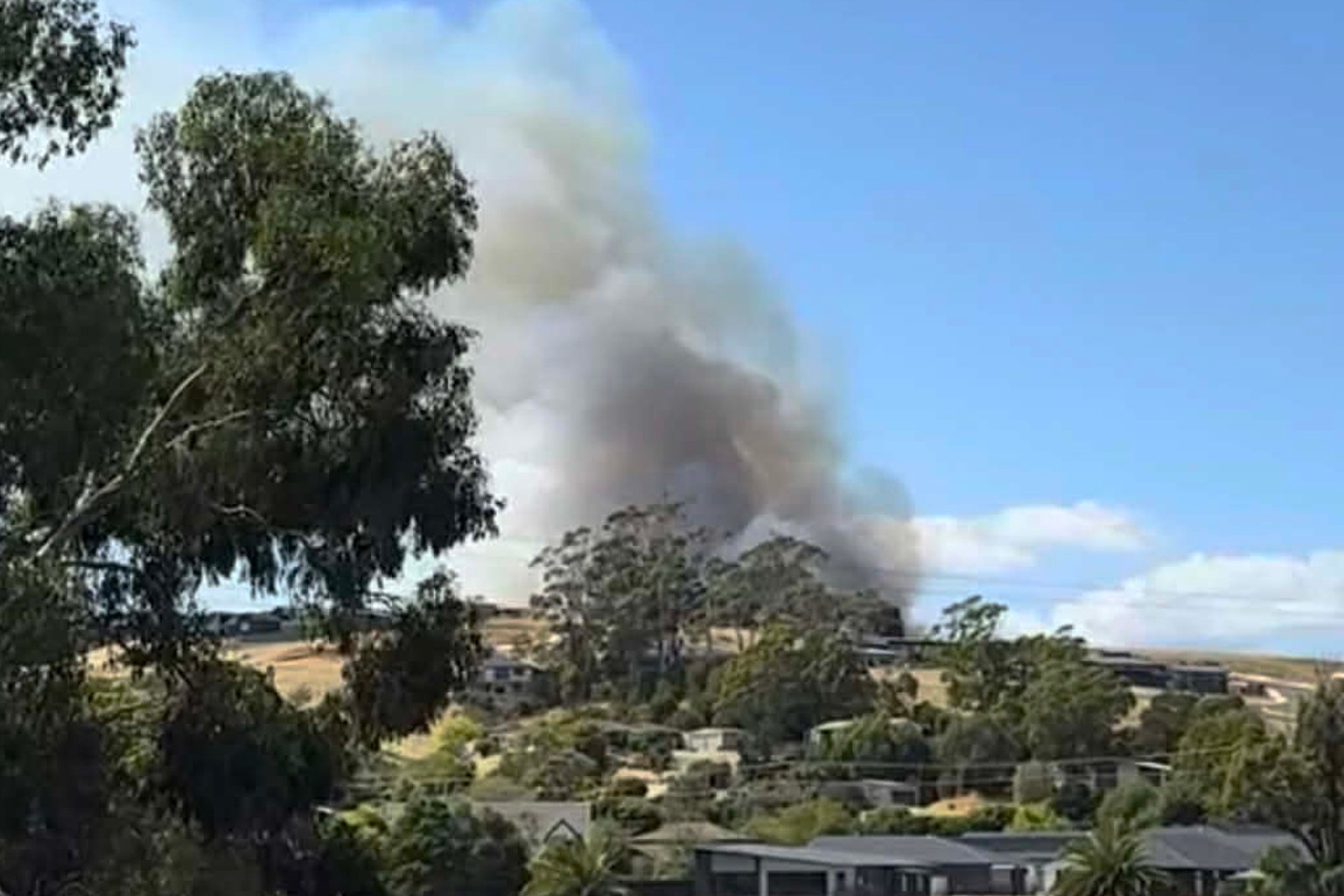Tasmania has become the latest state in Australia to decriminalise begging, with the Greens’ bill passing its final parliamentary hurdle on Thursday.
The state’s Police Offences Act (1935) made it illegal to “beg or expose wounds or deformities” in an attempt to get money, an offence that carried a maximum penalty of $975 or up to six months imprisonment.
Greens MLC Cassy O’Connor says the decision is a “big win” for those who have advocated for reform for many years.
“We moved to decriminalise begging for the first time six years ago because we believe in the fundamental principle that it’s not a crime to ask for help,” she said.

“Tens of thousands of Tasmanians live in poverty and through no fault of their own some people end up having no other choice but to ask for help.”
“Such a desperate last resort being a criminal act is unconscionable, and we are so glad that’s no longer the case.”

Greens Police spokesperson Tabatha Badger says the new law is a step towards “decriminalising poverty” in the state.
“Nobody has been charged with the offence of begging since 2018, but this law has been used by police to target those vulnerable in our community who are resorting to begging,” she said.
“That’s not the way things should work in a compassionate society.”
In a joint letter to MPs in 2023, several leaders from St Vincent de Paul, Community Legal Centres and TasCOSS said “criminalising begging is criminalising poverty”.
“By abolishing the criminalisation of begging, we pave the way for a more compassionate societal approach, safeguarding the rights of individuals to seek assistance without fear of legal repercussion,” they said.
“Repealing the offence of begging will ensure that the Tasmanian parliament meets a commitment it first made in 2019 as well as bring Tasmania into line with Western Australia, New South Wales and the Australian Capital Territory where begging is not an offence.






